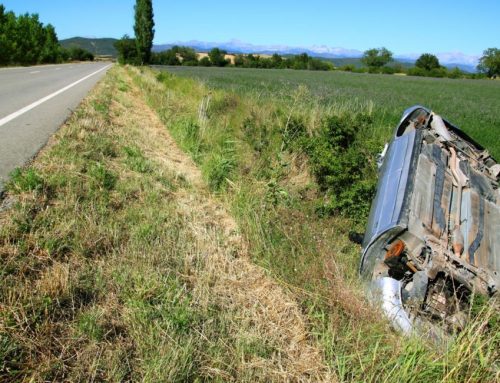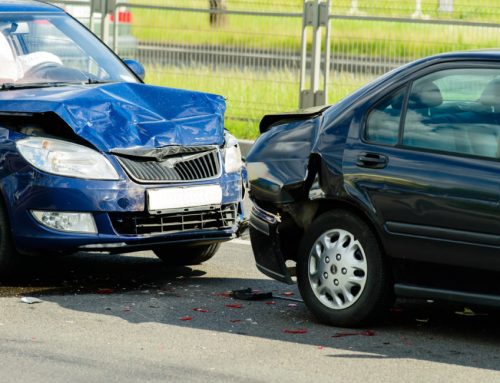Schools are supposed to be safe, secure environments that promote learning, and most of them certainly are. But it’s important for parents to know that if a school doesn’t live up to its responsibility to provide such an environment, it can in some cases be held responsible for the harm that results.
In particular, schools generally have a legal duty to look after students’ physical safety. If a child is injured because of something dangerous on the premises – ice on the steps, faulty playground equipment, lack of precautions in a lab class, etc. – the school could be legally liable.
This is particularly true when it comes to sports programs and after-school activities. For instance, a Florida student collapsed while trying out for a school baseball team. Unfortunately, the school’s athletic department had neglected to have a defibrillator easily accessible for such situations, and as a result, the boy died. A jury ordered the school district to pay the boy’s parents a substantial judgment.
In another Florida case, a young girl was sexually assaulted by classmates, and a jury decided that the school was responsible because it had carelessly failed to supervise the students.
It’s also important to know that students don’t have to be physically harmed for schools to be held accountable –emotional and psychological harm can count as well. For instance, a lot of attention has begun to be paid recently to school bullying. Although bullying has been around forever and some people still shrug it off as a rite of passage, it can cause serious damage to the victim and has been linked depression, anxiety, eating disorders, drug abuse and other problems.
In recent years – in the wake of several high-profile suicides by bullying victims – bullying has finally been given the attention it calls for. In fact, a number of states have passed laws requiring schools to take measures to prevent bullying and to address it effectively when it occurs. This includes both face-to-face bullying and online “cyber-bullying.”
A school’s failure to take reasonable steps in response to a bullying problem could lead to legal accountability. In one case, an Alaska couple won a very large judgment against a school district after the district failed to protect their child from repeated bullying, and the child suffered brain damage in a suicide attempt.
Similarly, a Washington state jury found a school district liable after a wheelchair-bound student was tormented for four years by classmates due to her disability.
A school can also be held responsible if a student is sexually harassed by other students, if the school is aware of the harassment but doesn’t take adequate steps to stop it.
Increasingly, schools are attempting to protect themselves from legal accountability through the use of written waivers. Many schools now require parents to sign a waiver form before a child can participate in a school activity such as a sport or a class trip, saying that the school is not responsible if the child suffers any harm as a result.
You should realize, though, that just because you signed a waiver doesn’t mean that it’s necessarily impossible to sue a school if it does something wrong. For instance, many courts have decided that while a waiver can protect a school from the inherent risks of an activity, it cannot protect a school if it does something to enhance those risks.
So if a parent signs a waiver for a ski trip, the waiver might protect the school if a child is injured while skiing. But it might not protect the school if an injury occurs because the school provided the child with substandard ski equipment, or because there was a bus accident on the way to the slopes.
Recently, the Iowa Supreme Court invalidated almost all school field-trip waivers in the state, ruling that they were unfair because parents cannot fully understand the nature of all the risks posed by an outside-of-school activity.
These are only a few of the legal situations that can arise regarding a child’s safety in a school setting. If you have any questions or concerns, or know someone who does, we’d be happy to help. Contact us for a free telephone consultation at 233-7200 or 1-800-903-8101.






